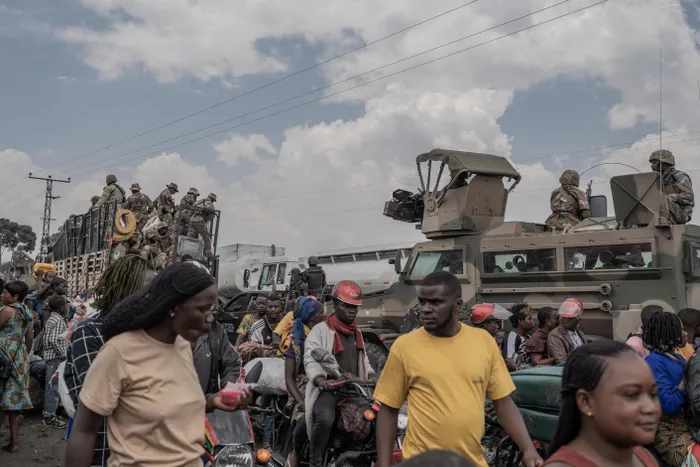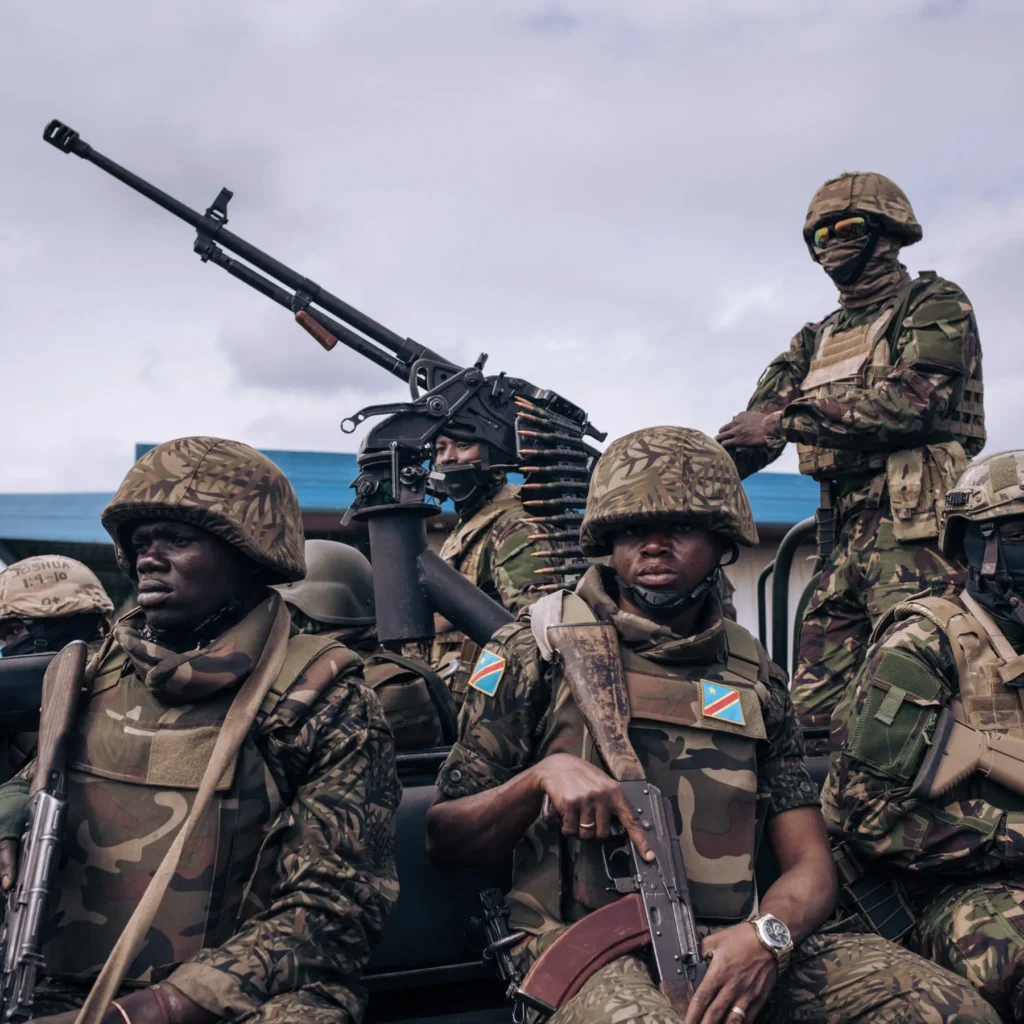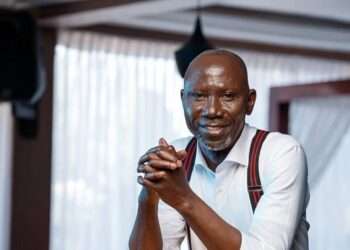The Chairperson of the African Union (AU) Commission, H.E. Mahmoud Ali Youssouf, has held a strategic meeting with H.E. Charles Karamba, Ambassador of the Republic of Rwanda to Ethiopia and Permanent Representative to the African Union.
The discussions were centered on key security issues facing the African continent, particularly in the Democratic Republic of Congo (DRC), South Sudan, and Somalia.
Both parties exchanged views on how to address ongoing instability, with Chairperson Youssouf welcoming the continued cooperation of the East African Community (EAC) and the Southern African Development Community (SADC) in de-escalating hostilities in eastern DRC. He acknowledged that there has been progress towards a peace agreement in the region.
In their engagement, Chairperson Youssouf and Ambassador Karamba jointly emphasized the need to advance the implementation of South Sudan’s peace agreement. They noted that sustainable peacekeeping funding remains crucial and highlighted United Nations Security Council Resolution 2719 as an important step in ensuring predictable support for such missions.
The Rwandan Ambassador expressed his appreciation for the Chairperson’s early diplomatic visit to Kigali and restated Rwanda’s unwavering support for his leadership at the African Union.
Troops Exit As Rebel Threats Persist
Meanwhile, in a significant development, the Southern African Development Community (SADC) announced on Thursday that it is moving forward with the final phase of withdrawing its troops from the conflict-ridden eastern region of the Democratic Republic of Congo.
“Commencing today, 12 June 2025, the second phase entails the repatriation of mission personnel along with their personal belongings and the remaining operational equipment.”
SADC

This latest phase follows an earlier withdrawal that saw hundreds of troops returning to their respective home countries — namely South Africa, Malawi, and Tanzania — via routes through Rwanda and Tanzania.
Despite the drawdown, SADC reiterated its ongoing commitment to promoting peace, stability, and political dialogue in both the DRC and the wider region.
“While the SAMIDRC mission is drawing to a close, SADC will continue to engage through diplomatic, political, and strategic mechanisms in collaboration with the DRC Government and regional partners.”
SADC
Although SADC’s peacekeeping mandate officially ended in March 2025, the bloc continued to gradually remove troops and equipment in the months that followed. This has occurred even as the region remains unstable due to the persistent activities of the M23 rebel group and other militias.
The initial phase of withdrawal began on April 29, 2025, and involved the removal of logistical assets and military hardware. The SADC forces have endured considerable losses in the course of their deployment, with soldiers from South Africa, Malawi, and Tanzania killed in recent clashes, especially in areas around Goma, where M23 rebels have tightened their grip.

In 2023, the SADC had deployed several thousand troops into eastern Congo in a collective effort to assist the Congolese government in pacifying the mineral-rich yet volatile region, which has long been plagued by armed insurgencies.
The M23 group is one of more than 100 militias fighting for territorial dominance in the eastern DRC. Their continued activity has fueled one of the world’s worst humanitarian crises, further complicating regional peace efforts.
As such, the exit of SADC troops and the renewed AU-Rwanda engagement reflect broader regional efforts to balance military response with diplomatic solutions aimed at achieving sustainable peace.
READ ALSO: GAF’s Medical Services Stay Open Despite Ongoing Nurses’ Strike



















